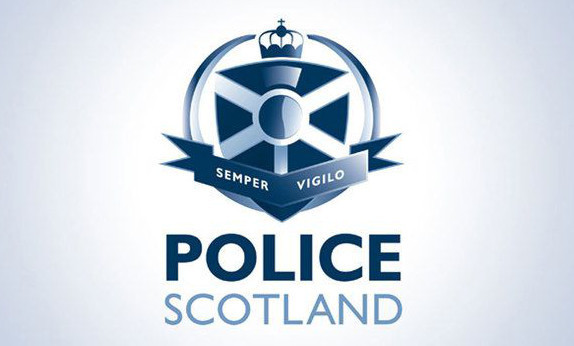
Police chiefs are wrongly writing off potentially hundreds of crimes in some parts of Scotland.
An internal Police Scotland audit, obtained by The Sunday Post, shows reported incidents are regularly being incorrectly dismissed as not being crimes.
Stolen property being treated as lost and crimes being classified as pranks were among the errors spotted by police watchdogs.
Alarmingly, in some force areas, the audit uncovered up to 20% of the decisions to cancel a crime record were incorrect meaning the offenders were never brought to justice.
Critics claim the revelation exposes serious shortcomings in the way police handle allegations reported to them by members of the public.
It has also sparked fears that statistics showing a 40-year low in recorded crime could be being manipulated.
Scottish Labour’s justice spokesman, Hugh Henry, said: “The public needs to know whether this is human or system error or worse, an attempt to meet targets by massaging the figures.”
Incidents recorded as crimes, which are subsequently ruled to have not been a crime, are categorised as “no crimes” by Police Scotland and are not pursued.
The audit sampled a handful of offences, including domestic abuse and hate crimes, over a four day period to test the accuracy of what was being recorded.
It found that in the first two quarters of 2013/14, the Lothians and Scottish Borders division only got 80% of its no crime decisions right, although by the end of the next two quarters this had gone up to 84%.
In the Lanarkshire division, the rate fell from 94% to 84.6% over the same period.
By contrast, the rate for the entire year in Tayside was an average of 99%, while the Scottish average, by division, was 94%.
A separate audit by Her Majesty’s Inspectorate of Constabulary in Scotland published last year examined 961 no-crime decisions across Scotland and also found that 94% had been made correctly.
Its probe found evidence of officers writing off an alleged crime as a prank and incidents where property alleged to have been stolen was treated as lost.
In one instance, a complainer was wrongly advised that the matter was civil rather than criminal in nature.
The report stated: “In a few cases, officers appeared too ready to disbelieve the complainer. In some divisions, the explanation for why a no-crime decision was made was poor”.
The HMICS report found “some evidence” of serious assaults being reclassified as less serious or common assaults.
But it concluded there was no overt evidence of performance targets affecting crime recording.
These latest revelations came just over a year after spending watchdog Audit Scotland accused police chiefs of being “more selective” over the crime figures reported since Police Scotland was formed.
Deputy Chief Constable Rose Fitzpatrick said: “Accurate crime recording is essential.
“Police Scotland’s thorough audit highlighted areas of strong crime recording practices and areas of improvement.
“A robust programme of improvement activities has already been introduced and internal auditing will continue that scrutiny.”

Enjoy the convenience of having The Sunday Post delivered as a digital ePaper straight to your smartphone, tablet or computer.
Subscribe for only £5.49 a month and enjoy all the benefits of the printed paper as a digital replica.
Subscribe